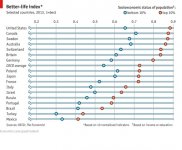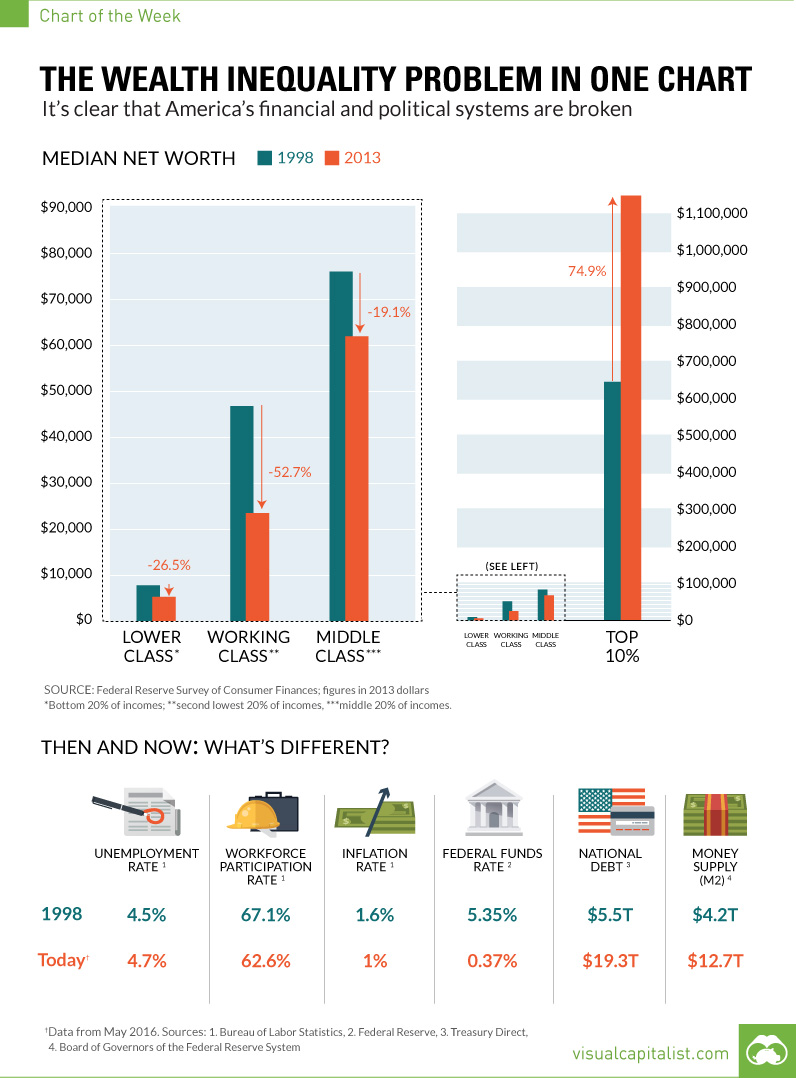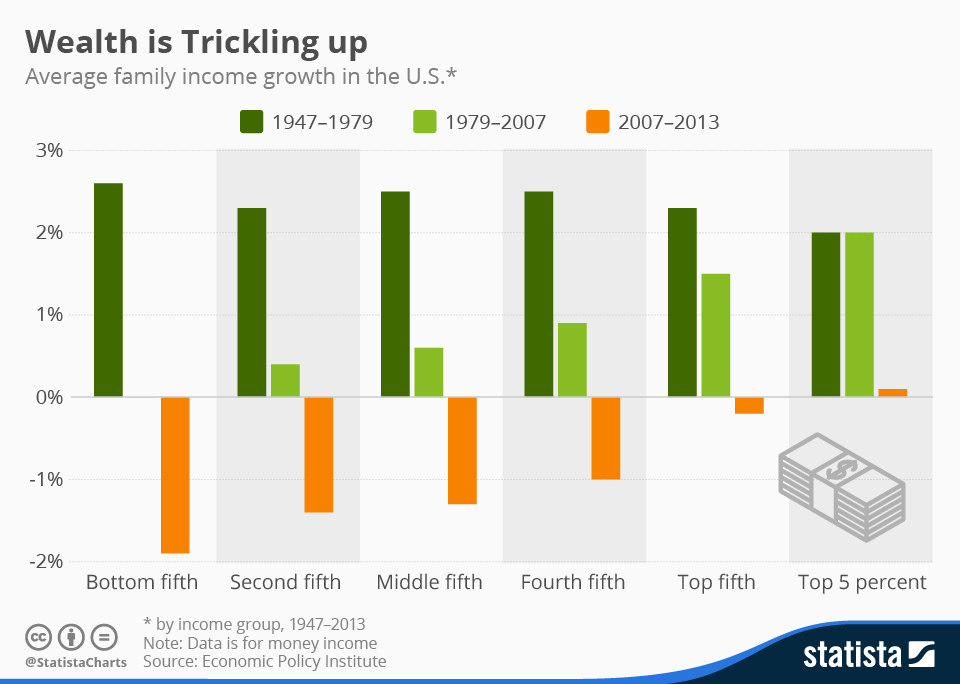- Joined
- Sep 21, 2020
- Messages
- 1,953
- Reaction score
- 283
- Gender
- Male
- Political Leaning
- Centrist
In a true capitalist system there is no need for minimum wage laws. True capitalism has to allow collective bargaining with teeth and that calls for unions with teeth. No honest capitalist would dispute that so it just boils down the the question of which side has the biggest teeth, the employer or the employed. Sometimes that ideal balance can be found but it's never been able to be maintained indefinitely.
And so strong policies of 'social' responsibility by government has to be brought in to interfere with the working of capitalism. That makes the first priority of the governing body the social welfare of the people governed and it's second priority, a good working capitalist system the enriches the country and floats all of the people's boats.
I suspect that China may have found such a system because it answers to both necessities.
However, human greed has the power to pervert even the best of systems of governing and so China's system could fail sometime in the future. For now, it's capitalism is working extremely well to serve the first necessity and it's elevated hundreds of millions of their people up out of poverty.
Will it continue to do so? We can look at Xi and see a very compassionate and super intelligent individual.
Judging their system should be done objectively and that leaves no room for wishful thinking that's based on China being America's biggest competitor.
And of course militarily thinking, the world has M.A.D. and that means that China will have the opportunity to prove it's system, or fail.
------------------------------------------------------------
There is much more to be said about capitalism than what I've said here, that's mostly concerned with China's system of capitalism within a communist system. Hopefully the topic can be discussed calmly and without excess emotion being demonstrated against China.
And so strong policies of 'social' responsibility by government has to be brought in to interfere with the working of capitalism. That makes the first priority of the governing body the social welfare of the people governed and it's second priority, a good working capitalist system the enriches the country and floats all of the people's boats.
I suspect that China may have found such a system because it answers to both necessities.
However, human greed has the power to pervert even the best of systems of governing and so China's system could fail sometime in the future. For now, it's capitalism is working extremely well to serve the first necessity and it's elevated hundreds of millions of their people up out of poverty.
Will it continue to do so? We can look at Xi and see a very compassionate and super intelligent individual.
Judging their system should be done objectively and that leaves no room for wishful thinking that's based on China being America's biggest competitor.
And of course militarily thinking, the world has M.A.D. and that means that China will have the opportunity to prove it's system, or fail.
------------------------------------------------------------
There is much more to be said about capitalism than what I've said here, that's mostly concerned with China's system of capitalism within a communist system. Hopefully the topic can be discussed calmly and without excess emotion being demonstrated against China.




